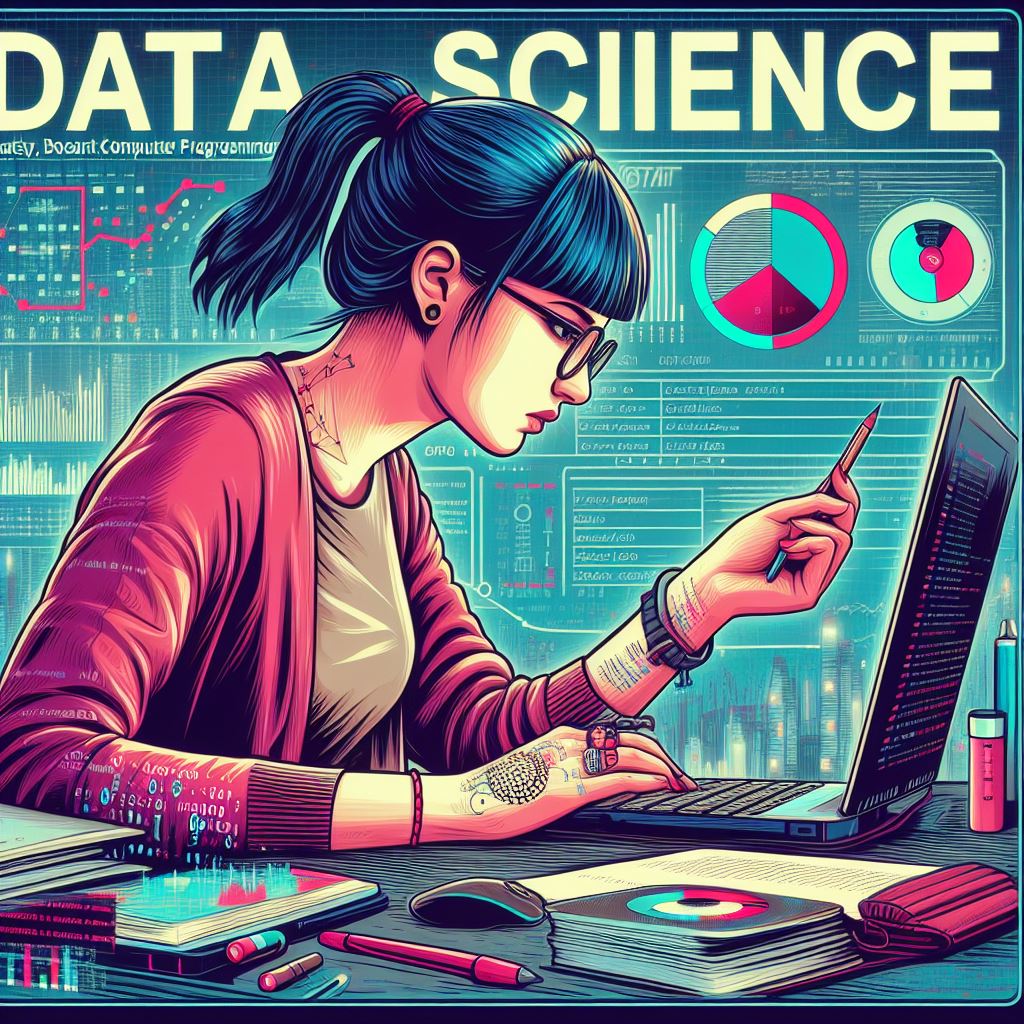In today’s competitive digital landscape, the combination of machine learning (ML) and artificial intelligence (AI) has revolutionized SEO (Search Engine Optimization) strategies. Traditional SEO techniques are being enhanced and optimized with cutting-edge technologies, giving businesses a significant edge in driving organic traffic, improving search engine rankings, and boosting conversion rates.
How Machine Learning and AI Enhance SEO:
Machine learning and AI are transforming SEO by automating repetitive tasks, analyzing vast amounts of data, and making smarter decisions faster than ever before. These technologies help in personalizing search results, improving content quality, and refining keyword strategies. The power of AI and ML in SEO lies in their ability to learn from data patterns, predict trends, and optimize strategies with remarkable precision.
Predictive Analytics for Better Keyword Research:
One of the key applications of machine learning in SEO is predictive analytics. With AI-driven tools, marketers can predict search trends and user behavior, enabling them to choose the right keywords that will drive traffic. Unlike traditional methods that rely solely on historical data, ML can analyze real-time search queries to offer more accurate keyword recommendations, ensuring businesses stay ahead of the competition.
Content Optimization with AI:
AI tools such as natural language processing (NLP) and sentiment analysis are playing a crucial role in optimizing content. These technologies help in creating content that aligns with user intent by analyzing search patterns and trends. Machine learning models are also capable of assessing content relevancy, readability, and engagement, ensuring that it meets both search engine algorithms and user expectations. This results in better user experience and higher rankings on search engine result pages (SERPs).
Improved On-Page SEO:
AI and ML can significantly enhance on-page SEO by automatically optimizing titles, meta descriptions, headings, and images. These technologies analyze the page structure, keywords, and overall content quality, ensuring that all elements are optimized for search engines. Additionally, AI-powered tools can identify potential SEO issues, such as slow-loading pages, broken links, or poor mobile responsiveness, allowing webmasters to resolve them quickly and efficiently.
AI-Powered Link Building:
Link building is a crucial factor in SEO, and AI can streamline this process by identifying high-quality backlinks. Machine learning algorithms analyze the quality of backlinks and recommend authoritative websites for link-building opportunities. AI tools can also predict the likelihood of a page gaining backlinks based on historical data and current trends, helping businesses focus on the most valuable link-building strategies.
Voice Search Optimization:
With the rise of voice-activated assistants like Google Assistant, Alexa, and Siri, optimizing for voice search has become increasingly important. AI and ML help businesses optimize their websites for voice queries by understanding how people phrase their questions. Voice searches tend to be more conversational and longer than text-based queries, and AI tools can help businesses adjust their SEO strategies accordingly to capture this growing traffic segment.
User Experience (UX) and Behavioral Signals:
Search engines, like Google, have increasingly prioritized user experience in their ranking algorithms. AI and machine learning tools can analyze behavioral signals, such as bounce rates, time spent on page, and interaction with content. By understanding how users engage with a site, AI can suggest ways to improve navigation, content layout, and overall site performance. These improvements contribute to better rankings and more satisfied visitors.
Conclusion:
The integration of AI and machine learning in SEO is no longer optional—it’s a necessity for businesses that want to remain competitive in the digital marketplace. These technologies not only enhance existing SEO strategies but also provide deeper insights into customer behavior, helping companies make data-driven decisions that boost their online presence. As machine learning and AI continue to evolve, their impact on SEO will only grow stronger, making them essential tools for any digital marketing strategy.
5
